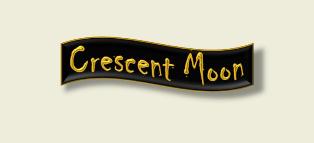Quote:
Originally Posted by magicalprince

I think it's supposed to be something that happens naturally because a secure attachment style is the only one that CAN defend against "right brain stuff"
I am no stranger to right brain stuff... all people respond to having their emotional needs met. It's something your behavior is asking for in other people, like a signal you constantly send out. Like Stopdog, on one hand you say you don't want any of this stuff but you sure put yourself in the right atmospheres to end up confronted with it.
|
I don't think "all people" respond to having their emotional needs met by a therapist. And sure, if one goes to therapy, chances are high they will have the type of therapist that tries to emotionally connect. But not all people look to therapists for getting emotional needs met. And people fall in a wide range of the intensity of their emotions.
I also think that there is a difference between a secure attachment style, and a person secure within themselves. I think that knowing who you are, with or without a 'secure attachment style,' is all it takes to have a successful defense structure.
Stopdog knows who she is and just doesn't seem to like being tampered with. Emotionally or otherwise.






 reading him was a turning point in my therapy. I dont know if its because he also is italian-american (as am i), but i would have my t read excerpts that explained how i felt. I was like, finally!
reading him was a turning point in my therapy. I dont know if its because he also is italian-american (as am i), but i would have my t read excerpts that explained how i felt. I was like, finally!

 Linear Mode
Linear Mode

